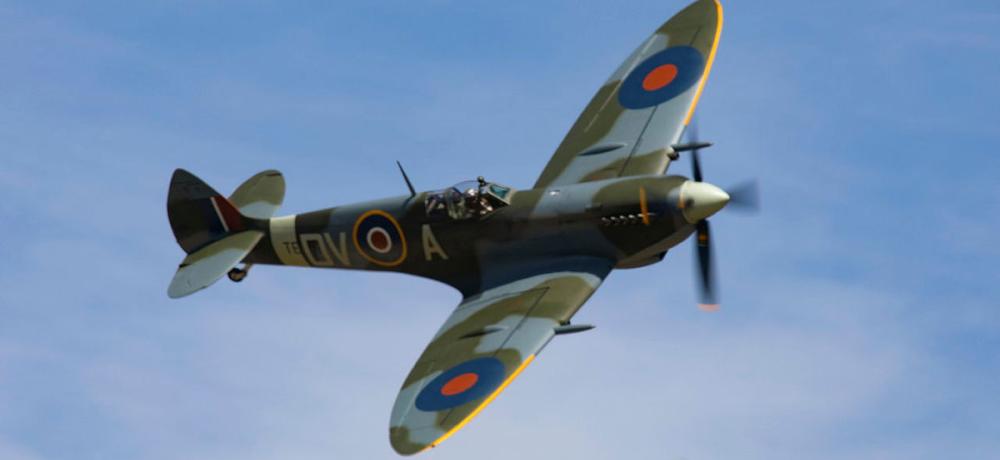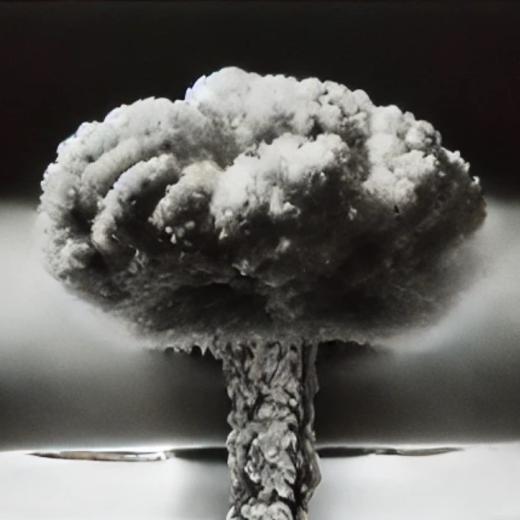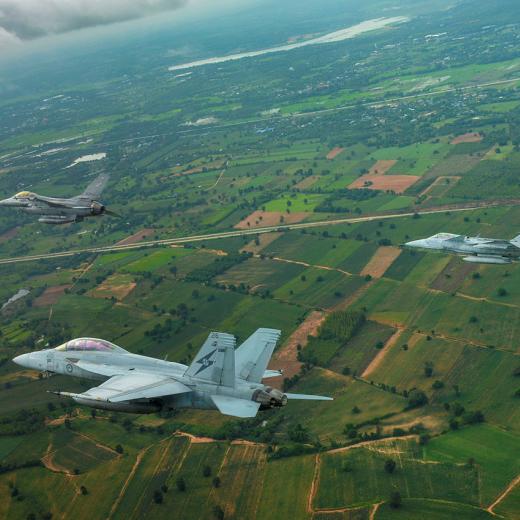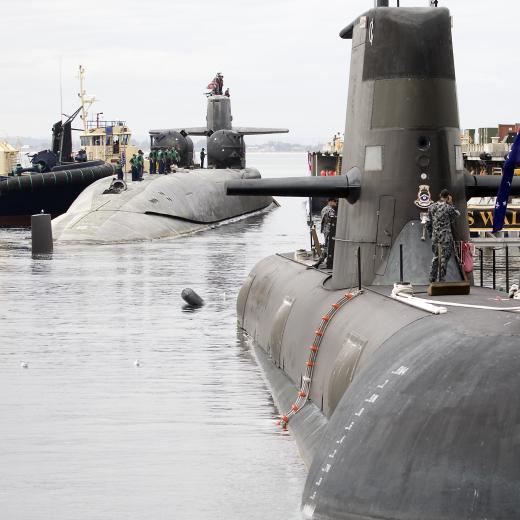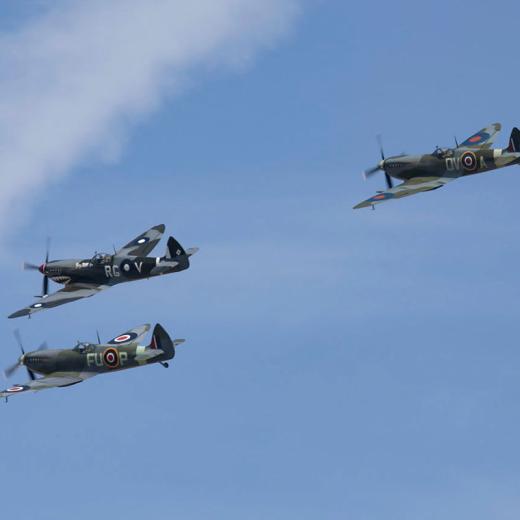BLUF
In the Battle of Britain, the UK employed an integrated air defence system to deny Nazi Germany air superiority over the English Channel and prevented Germany from invading the UK.Summary
This article about the Battle of Britain, which took place between July and October 1940, makes the following points:
- In 1940 the German army defeated French and British forces in the Battle of France.
- The British managed to evacuate many of their forces through Dunkirk and back to the UK.
- The next logical step for Hitler was to invade the UK across the English Channel, Operation Sealion.
- However, first, the German air force(the Luftwaffe) had to defeat and destroy the RAF to gain Air superiority over the English Channel to allow an invasion to take place.
- The British, however, had developed an Integrated Air Defence System (IADS), the Dowding System.
- IADS combined Radio Detection and Ranging (RADAR), observers on the ground (RADAR did not work well over land), linked command centres, anti-aircraft guns, and fighters' squadrons, mainly Hurricanes and Spitfires.
- RAF fighter command was under the command of Dowding, who had also been heavily involved in developing IADS.
- The Germans started by attacking coastal convoys and brief but unsuccessful raids on British radar installations and RAF airfields.
- The Luftwaffe suffered heaving losses.
- The UK IADS proved very effective at identifying enemy aircraft and directing RAF Squadrons to intercept approaching enemy planes.
- The UK was more effective at replacing pilots and aircraft than the Germans.
- The Battle of Britain was more of a campaign than a battle and took place over four phases:
- The attack on British naval forces in the Channel.
- Eagle Attack targetting coastal relay stations.
- The attack on RAF airfields.
- The final stage, bombing of British cities but primarily focussed on London (The Blitz).
- In the final phase, the Luftwaffe switched to bombing British cities, but it failed to undermine British morale or identify and hit crucial targets.
- In October, Hitler called off the planned invasion of the UK and redirected Nazi Germany's efforts to invade the USSR (Russia) Operation Barbarossa.
Worth noting the following from the Battle of Britain | Australian War Memorial (awm.gov.au).
Finally worth noting Churchill's famous speech given during the Battle of Britain:
'Never in the field of human conflict has so much been owed by so many to so few. All hearts go out to the fighter pilots whose brilliant actions we see with our own eyes day after day, but we must never forget that all the time, night after night, month after month, our bomber squadrons travel far into Germany, find their targets, often under the heaviest fire, often with serious loss, with deliberate, careful discrimination, and inflict shattering blows upon the whole of the technical and war-making structure of the Nazi power. On no part of the Royal Air Force does the weight of the war fall more heavily than on the daylight bombers who will play an invaluable part in case of invasion and whose unflinching zeal it has been necessary in the meantime on numerous occasions to restrain.' Churchill 20 Aug 1940 Hansard, Fifth Series, Volume 364, cc 1159
References
- Collections | The Runway (airforce.gov.au)
- ADDITIONAL READING RAAF RUNWAY (PME)
- RAAF RUNWAY: RATIONALE, GUIDELINES, LEARNING OUTCOMES, ETC

